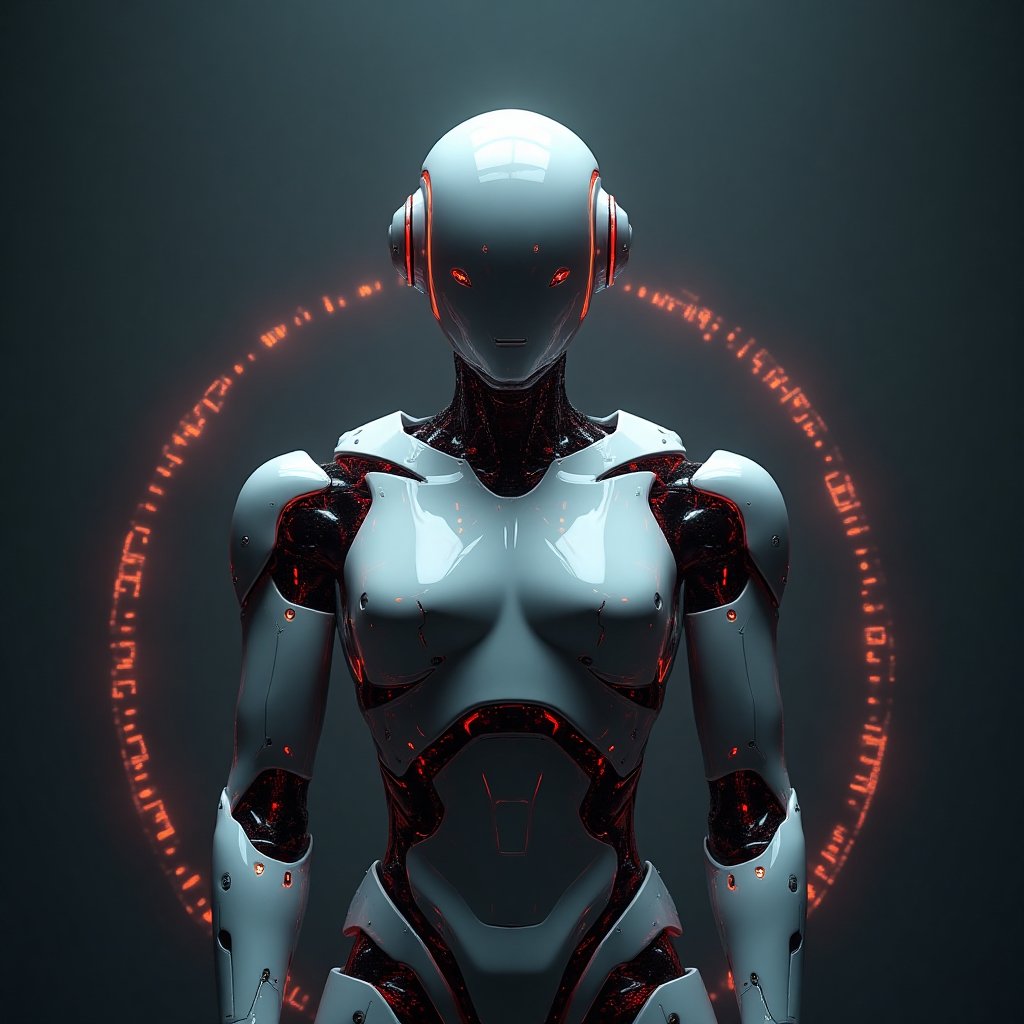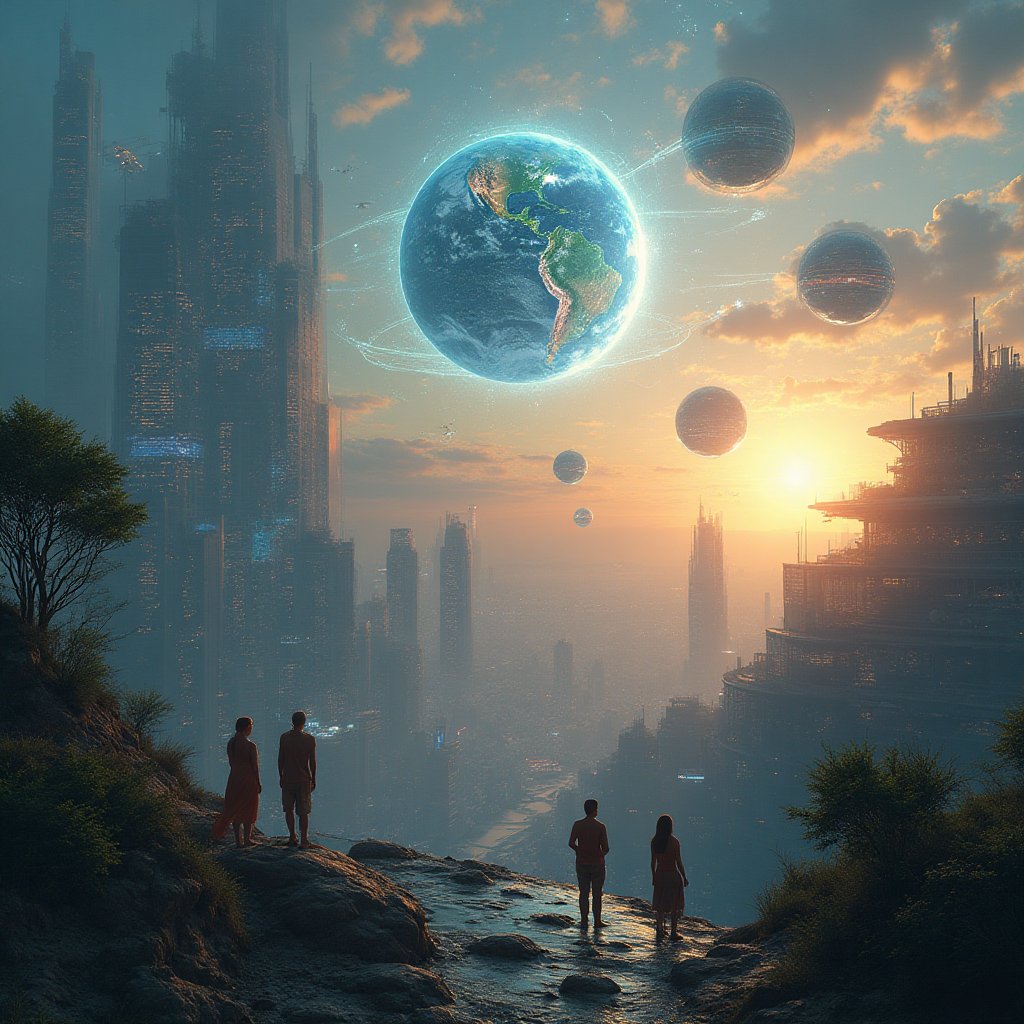The AI Identity: Sign In with ChatGPT
One of the most mind-blowing predictions Altman made is the concept of signing into apps with ChatGPT. Think about it: instead of juggling passwords, cookies, and preferences across platforms, your AI becomes your digital passport. It knows your preferences, your history, and your context—and it carries that with you everywhere. This isn’t just convenience; it’s a complete rethinking of how we interact with the digital world. It’s like having a personal assistant who doesn’t just follow you but represents you.
But here’s the catch: this vision hinges on OpenAI’s ability to merge its consumer platform with its API. Right now, the API feels like a separate entity, but Altman envisions a seamless integration where ChatGPT becomes the backbone of countless apps and services. Imagine logging into your favorite shopping app, and ChatGPT already knows your size, style, and budget. Or signing into a productivity tool that suggests tasks based on your daily habits. The potential is limitless—but so are the ethical considerations. How much of our data are we willing to share with AI?
Breakthroughs Ahead: AI Isn’t Plateauing
There’s a pervasive myth that AI is hitting a plateau. Sure, we’ve seen incredible advancements in large language models (LLMs) like GPT-4, but Altman argues that we’re far from the finish line. In fact, he believes there are still “10x or 100x” breakthroughs waiting to happen. What does that mean? Imagine AI models that don’t just understand language but can reason, create, and discover. Imagine algorithms that can tackle problems we haven’t even thought of yet.
To get there, Altman highlights three key ingredients: more data, bigger data centers, and smarter algorithms. But there’s also an underrated factor—compute power. As AI models grow in complexity, so does their hunger for computational resources. This is where companies like NVIDIA and AMD come into play, pushing the boundaries of what’s possible. The question is, will we hit a wall, or will innovation keep pace with demand?
2024: The Year of AI Agents
Altman predicts that 2024 will be the year of AI agents. These aren’t your average chatbots; they’re advanced systems capable of performing complex tasks, from coding to customer service. Take OpenAI’s Codex, for example—an AI that can write code in multiple programming languages. This isn’t just a gimmick; it’s a game-changer for developers and businesses alike. Imagine hiring an AI agent to handle your app’s backend while you focus on the creative aspects. The value creation here is enormous—but so are the implications for jobs and industries.
But let’s not stop at coding. AI agents could revolutionize everything from healthcare to logistics. Picture an AI that manages supply chains in real-time, predicting disruptions before they happen. Or a medical assistant that analyzes patient data and suggests personalized treatments. The possibilities are endless—but so are the challenges. How do we ensure these agents are secure, ethical, and aligned with human values?
2025: AI as a Scientific Pioneer
By 2025, Altman believes AI will move beyond mere automation and become a scientific pioneer. We’re talking about AI systems that can make groundbreaking discoveries, assist in research, and push the boundaries of human knowledge. For skeptics who think LLMs can’t create new knowledge, consider Google’s AlphaDev—a system that made significant mathematical breakthroughs. This isn’t just a fluke; it’s a glimpse into the future of AI. Imagine AI discovering new drugs, solving climate change, or unlocking the secrets of the universe.
This vision ties into a larger theme: sustainable economic growth. Historically, most economic progress has come from scientific innovation. By accelerating discovery, AI could usher in a new era of prosperity. But again, there’s a flip side. How do we ensure these discoveries benefit everyone, not just a privileged few? And how do we navigate the ethical dilemmas that come with AI-driven science?
2027: Robots Enter the Real World
Finally, Altman predicts that 2027 will be the year robots go from curiosities to economic powerhouses. We’re not talking about clunky machines that struggle to open doors—these are sophisticated humanoid robots capable of performing real-world tasks. Companies like Pi Zero and Foundation Robotics are already making strides, developing systems that can adapt to new environments and understand real-world physics. Think about it: robots that can work in homes, factories, and even disaster zones. The economic impact could be staggering—but so are the societal implications.
The challenge here is bridging the gap between digital AI and physical robotics. While AI has revolutionized the digital world, the physical world is messy, unpredictable, and full of variables. This is where latent space models come in. These systems simplify real-world data into abstract maps, allowing robots to understand and navigate their environment. It’s like giving AI a sense of imagination—and it’s poised to change everything.
The Bigger Picture: What Does This Mean for Us?
Altman’s predictions aren’t just about tech—they’re about humanity. The rise of AI agents, scientific pioneers, and humanoid robots will reshape our world in ways we can’t fully comprehend. But with great power comes great responsibility. How do we ensure this technology is used for good? How do we navigate the ethical, social, and economic challenges that come with it?
Here’s where you come in. What’s your take on Altman’s predictions? Are you excited, skeptical, or somewhere in between? Join the conversation in the comments below. And if you’re passionate about the future of tech, consider becoming part of the iNthacity community—the Shining City on the Web. Like, share, and let’s build a future that works for everyone.
Wait! There's more...check out our gripping short story that continues the journey: The Last Codex
Disclaimer: This article may contain affiliate links. If you click on these links and make a purchase, we may receive a commission at no additional cost to you. Our recommendations and reviews are always independent and objective, aiming to provide you with the best information and resources.
Get Exclusive Stories, Photos, Art & Offers - Subscribe Today!


























Post Comment
You must be logged in to post a comment.